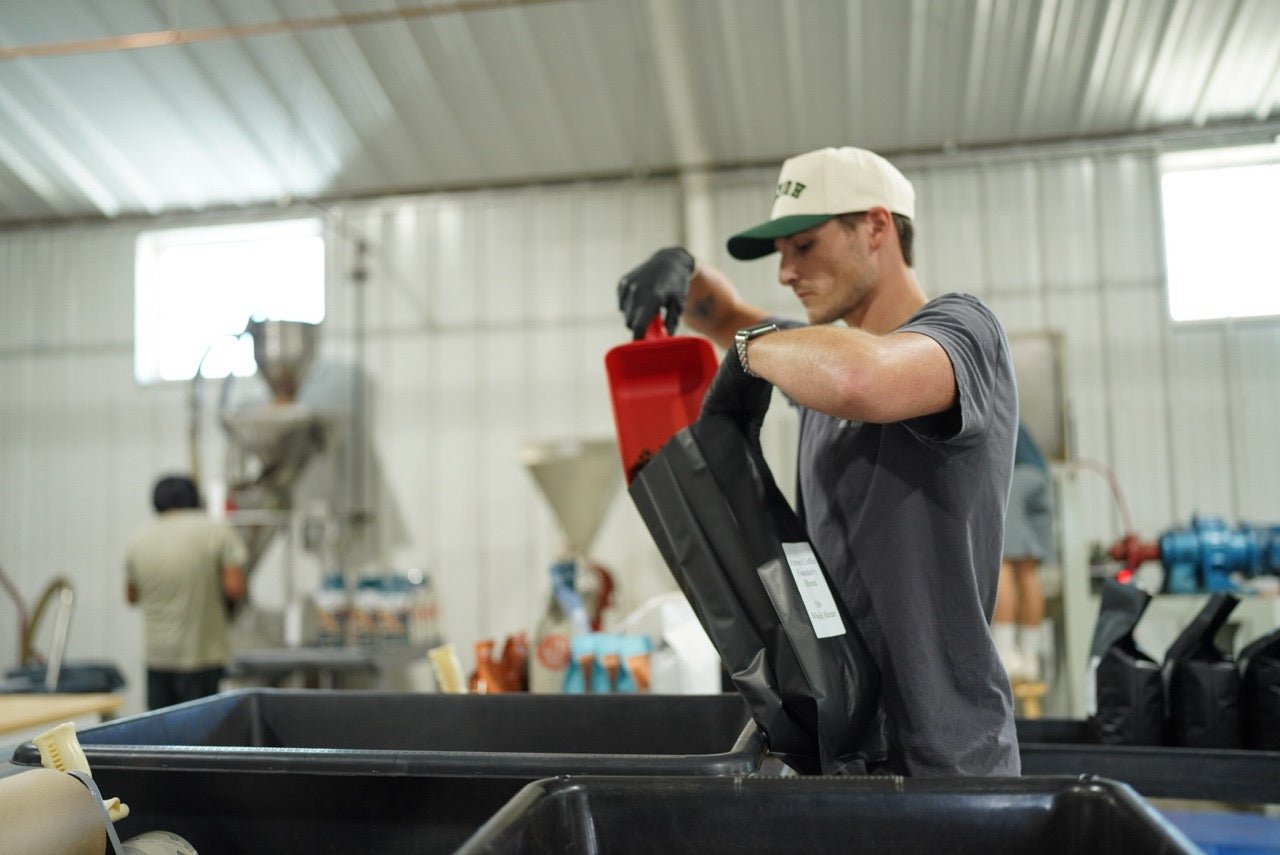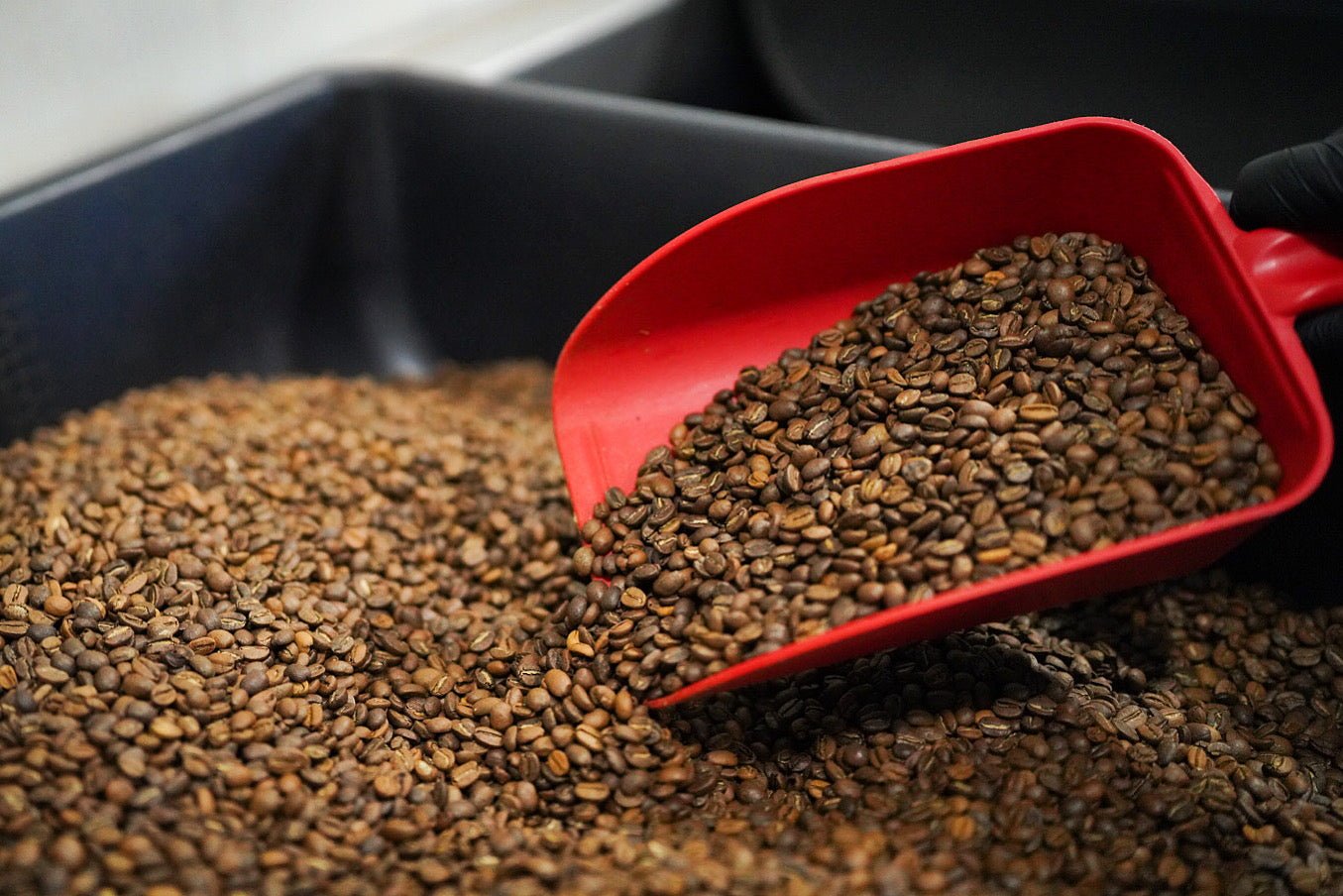How Can the Coffee Industry Support the Environment?
The coffee industry has a significant impact on the environment, from coffee plant cultivation to roasting, packaging, and transportation. The coffee industry can support the environment in several ways:
-
Sustainable Agriculture: Coffee farming practices that conserve natural resources, protect biodiversity, and promote the well-being of farmers and their families can help support the environment. This can include using shade-grown methods, reducing the use of pesticides and fertilizers, and conserving water resources.
-
Recycling and Reuse: The coffee industry can reduce its environmental impact by promoting recycling and reducing waste. This can include recycling coffee bags and packaging, as well as reducing the use of disposable cups and stirrers.
-
Energy Efficiency: The coffee industry can help the environment by reducing its energy use. This can include using energy-efficient coffee roasters, reducing water use in coffee production, and using renewable energy sources such as solar or wind power.
-
Support for Conservation: The coffee industry can support environmental conservation efforts by partnering with organizations that work to protect wildlife and ecosystems, such as rainforests and other areas important for biodiversity.
-
Climate-Friendly Coffee: The coffee industry can help address climate change by promoting the production and sale of coffee that is grown and processed in a way that reduces greenhouse gas emissions. This can include promoting coffee production methods that use fewer inputs, such as organic or agroforestry methods.
In conclusion, the coffee industry has the potential to have a positive impact on the environment through sustainable agriculture, recycling and reuse, energy efficiency, support for conservation, and promoting climate-friendly coffee. By taking these steps, the coffee industry can help ensure that coffee is produced and consumed in a way that benefits both people and the planet.


